“The work of our local volunteer veterinarians is critical to our mission”.


“The work of our local volunteer veterinarians is critical to our mission”.
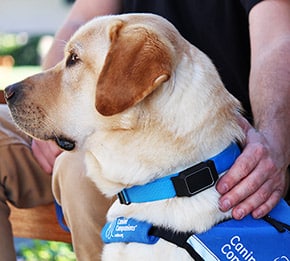
Developed in-house with collaboration with experts in the field, the patented CanineAlert™ Device uses biometric data, monitoring the wearer’s heartrate through wearable technology that wirelessly communicates with the service dog’s collar device.
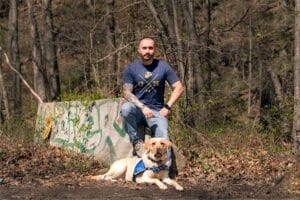
Canine Companions partners with University of Arizona for a pivotal study on service dogs aiding veterans with PTSD, aiming to scientifically prove the benefits
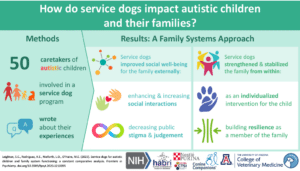
A new study found that service dog placements enhanced and increased social connections for the family of autistic children as a whole, and decreased experiences of judgement and stigma.
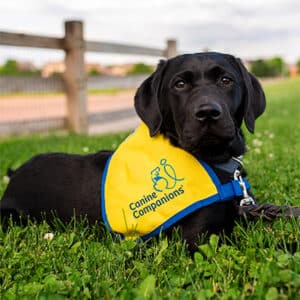
Canine Companions collaborates with multiple universities to conduct top-notch research on canine health and behavior. Our goal is to better understand which traits lead to a successful working dog.
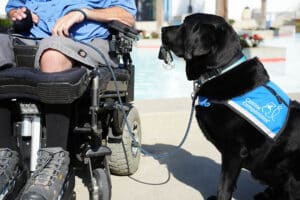
This white paper examines the impact of poorly trained dogs in public places on task-trained service dogs. Canine Companions spearheaded the collection of data from service dog users whose dogs were trained by Assistance Dogs International (ADI)-accredited training programs.

Canine Companions launched a study in 2022 with Royal Canin and Waltham Petcare Science Institute on the efficacy of an enriched diet for puppies.

Giving pregnant dogs supplements high in DHA helps increase the rate that a dam’s puppies go on to become service dogs.
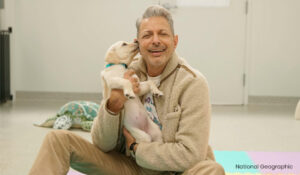
Learn about Canine Companions service dogs that are featured on National Geographic’s “The World According to Jeff Goldblum” season 2 streaming on Disney+.
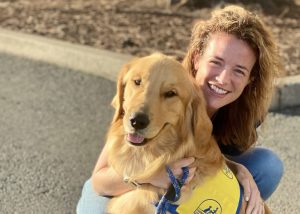
Members of the Wallis Annenberg PetSpace Leadership Institute* published a paper this week entitled “Enhancing the Selection and Performance of Working Dogs”* in the international peer-reviewed journal, Frontiers in Veterinary Science.